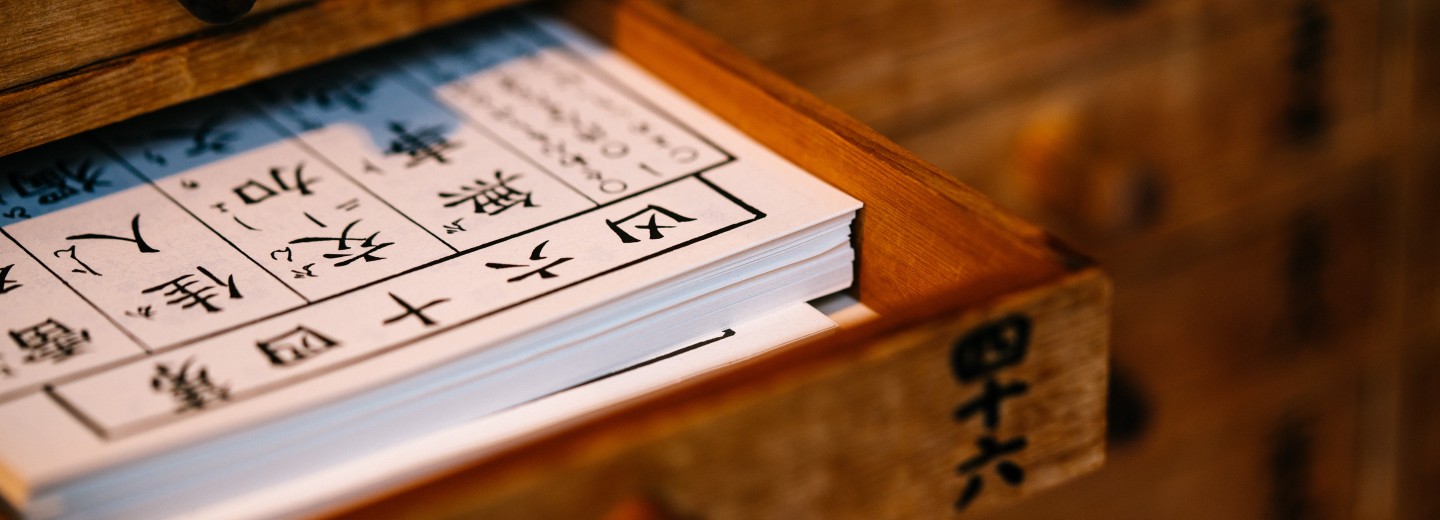Living language
In Kingdom of Characters, I wrote an enthusiastic review of a new book about how the Chinese language and Chinese characters have evolved. Today a good friend and former colleague, Chris Clarke, writes about the changes that take place daily in the English language.
WHY DOES LANGUAGE CHANGE?
Languages are fascinating. As an amateur, I see that over time they gain new words and expressions, modify the meanings and pronunciation of existing ones, and render others obsolete. Communications technology and the internet speed the process and create new words, (Apps, Cyberdating, Bots,) Using thumbs as the main writing method generates new abbreviations that replace the words themselves, (OMG, WTF, LOL)
Some may lament change. It is inevitable. We might as well embrace it.

THE NEW
Ancient Languages, Greek, Latin, Coptic, Sanskrit, Pali and their predecessors provided foundations. Clearly immigration, and conquest have huge roles to play. New rulers and populations from ancient to modern times adopt words from the older peoples and introduce their own. This is easily illustrated. The Brits use words from India, (Loofah, Bungalow, Thug, Pukka) Most of the world uses American expressions, (Rock and Roll, Cola, Jazz, Pop.) Many of these spread from immigrant and subcultures.

Physical mobility rapidly blurs dialect into the mainstream.
Commerce and finance are huge generators and popularisers of concepts and expressions, (Derivatives, Gilts, Exchange rates, Margin calls). Fashion has a significant role, as generations change, (Sneakers, Mini-skirts, Tattoos, Brassieres). Religion and politics can play a role (Sangha, Burka, Jihad, Born-again. Environmentalist.) Political movements try to eliminate languages or expressions that offer opposing views. The Inquisition and Woke are just two cases amongst very many. Creatives introduce new words, (Malapropism, Shamocracy, Surrealism.). Science presents words to encapsulate ideas at an ever-increasing pace, (Quantum, Fission, Pheromone, Antibiotic.)
MODIFICATION
Many old words have multiple and completely new meanings, (Joint, Drone, Speed, Shoot, Web). Old words are adapted for new purposes. Modified pronunciation is itself another complex subject. Many have difficulty in pronouncing alien words. The Brits happily mangle new words. French Spanish and more. Gringos do the same. Perhaps it is imperial hauteur. Individuals, like Webster, deliberately simplify spellings and change pronunciations.
Rear-guard actions by those who fear the death of their culture and language slow the process. (Welsh, Irish Gaelic and Catalan, and to some extent even French).
OBSOLESCENCE AND DECLINE
We may be fortunate that swathes of any language fall out of use. There is too much to learn for most of us, as it is. Lack of education and limited intelligence require simpler expressions for others. The grammar police and some teachers fight a desperate rear-guard action; they are doomed to fail.
The march of history is important. The dying generation uses expressions handed down from grandparents and parents. Many date from a bygone era, for example, military service in long past wars. These fade as generations change. Some vanish because they are racist or insulting to modern sensibilities (Spit and polish, Blighty, Faggot). Grandparents can be so embarrassing. I am one. Many are so used to pejorative words for just about any foreign race or creed, that it is difficult for them to stop. Maybe they cannot understand the problem. If we call them out, we run the risk of a permanent split.
In the case of words for minorities, it is difficult to keep abreast of the latest protocols. They differ by country. What do we say? (African Americans, Afro-Caribbeans, Blacks, Coloureds…) Some words are clearly beyond the pale. We blunder into others.

Economic migrants and refugees have poor education or educations that ill equips them for their new environments. They also introduce new words and concepts. Countries like the USA have had so many waves of newcomers that a common basic language develops for mutual understanding. Out goes complexity. Huge numbers of words, expressions and grammar rules disappear. In comes the simplicity of the lowest common denominator, much to the impotent annoyance of many. (My bad; you done good). What many might call the overuse of the word ‘good’ could fill a volume on its own.
We are all in the struggle for communication and understanding. The Tower of Babel is rebuilt every day.
Chris Clarke was born in the UK and worked as a manager in two multinational companies and as a managing director in an investment bank, before becoming a partner in a global consulting firm. He was President and CEO of an executive search firm with over 70 international offices. He has lived in Asia and the US. He retired to Costa Rica, where he writes fiction under the name of Aaron Aalborg.
When I read Chris’s words, I was curious to know how Chinese, based on the ancient script discussed in Kingdom of Characters, has evolved since, say, the founding of the Peoples Republic of China on 1 October 1949. Within a top-down society, my impression is that Chinese changes less, and less frequently, than English. So, I asked my Mandarin-speaking friend, Norman Chan.
He wrote:
There are indeed attempts to standardise Chinese, especially by the PRC authorities. However, as you know, Chinese speakers are in Hong Kong, Taiwan and PRC, and each has their own expressions.
Can we say there is indeed on unifying way of speaking and writing Chinese? It seems to be a common misconception.
Chinese characters, and the way they should be written, still adhere to the 'official' versions (Simplified and Traditional). This is not like English where all sorts of new and weird spellings can come. I agree why you have this impression about Chinese.
However, I tend to think that online languages are rich. Even as a native speaker, if you don't really follow through the 'trend', you will lose track and don't know what the youth are saying!
It seems I may be at least partially right. It is harder to change a language that depends on a character system such as Chinese. But as always, living languages must change to take account of new concepts, products, and issues. And young people lead the way!
Worked on the article:

Wanlikhang





